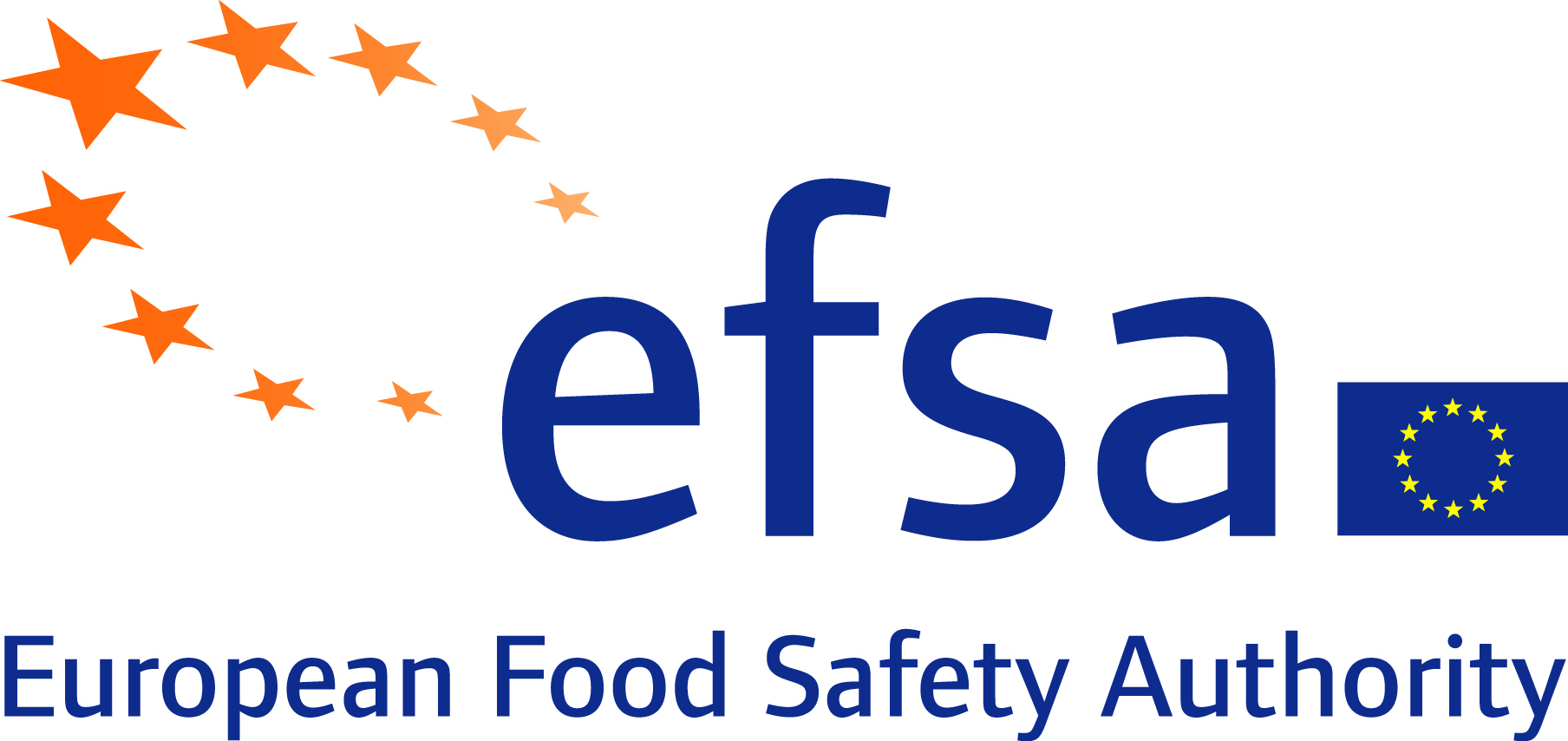The European Food Safety Authority (EFSA) analysis demonstrated that isolates positive for any of the reported Shiga toxin (Stx) subtypes (and encoding stx gene subtypes) might be associated with severe illness (defined as bloody diarrhea (BD), hemolytic uraemic syndrome (HUS) and/or hospitalization). Strains positive for the stx2a gene showed the highest rates of sever disease. However, strains with all other stx subtypes, or combinations thereof, were also associated with at least one human case with a severe clinical outcome. While identifying the serotype of STEC is important in epidemiological tracking, it is not possible to exclude pathogenicity and the possibility of severe illness based on the serotype, according to the EFSA. Therefore, all STEC strains are pathogenic in humans, capable of causing at least diarrhea and that all STEC subtypes may be associated with severe illness. The presence of intimin (eae gene) was an aggravating factor, but this virulence factor was not always essential for severe illness. The main sources for STEC in the EU were ‘bovine meat and products thereof’, ‘milk and dairy products’, ‘tap water including well water’ and ‘vegetables, fruit, and products’. According to the EFSA scientific opinion, there is a need to harmonize detection methods for this pathogen. @ https://efsa.onlinelibrary.wiley.com/doi/10.2903/j.efsa.2020.5967

